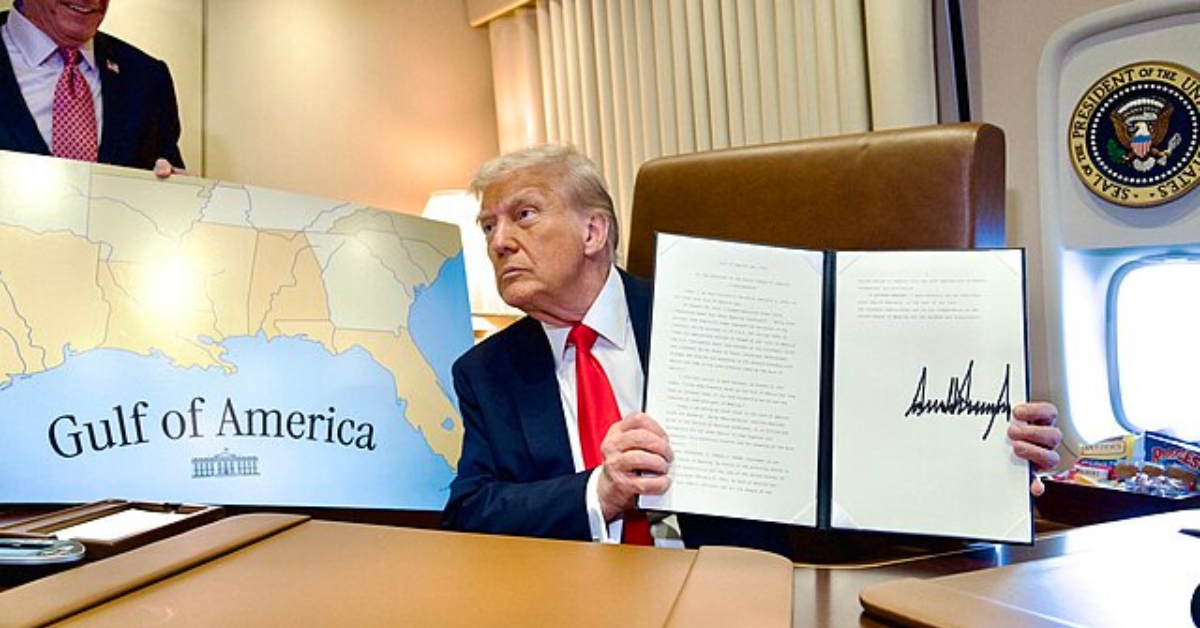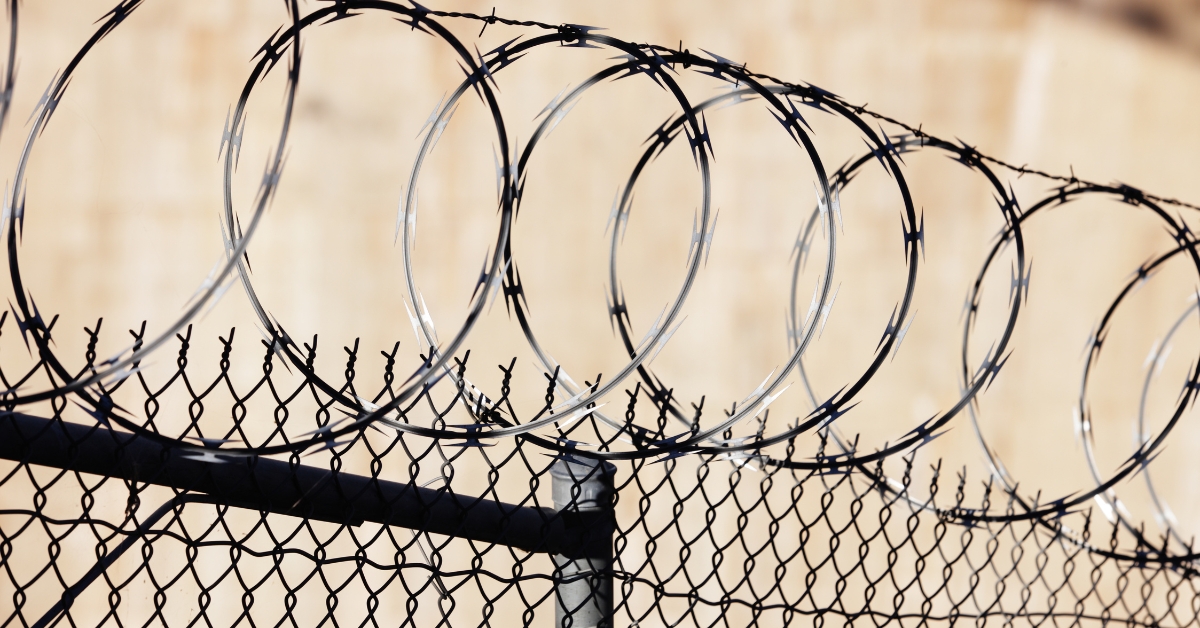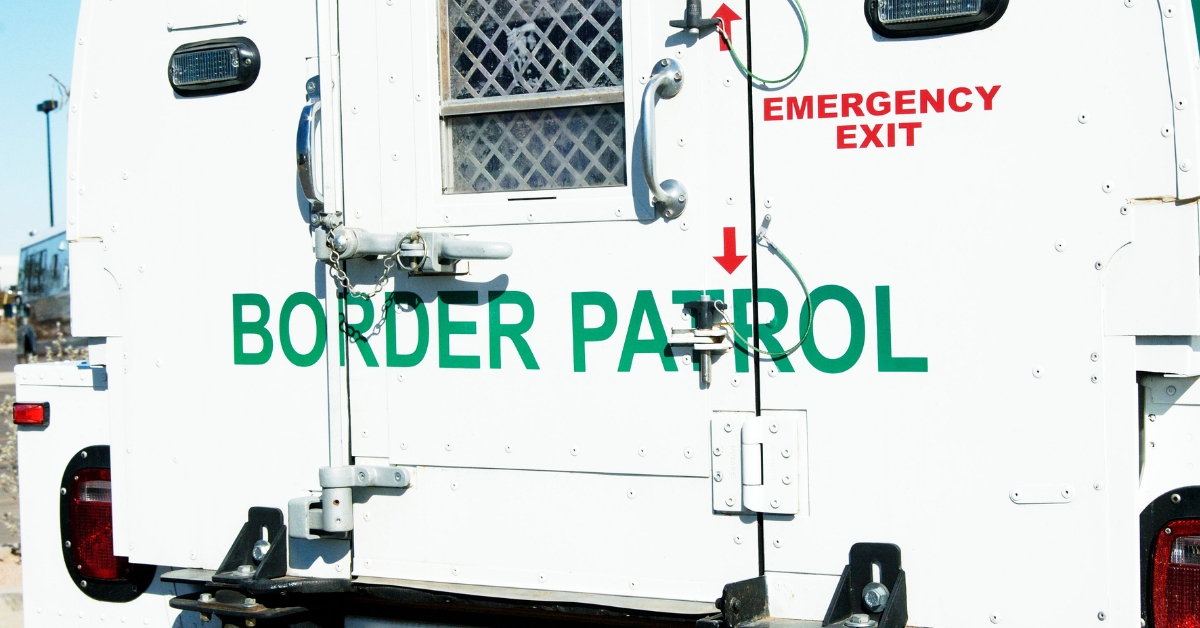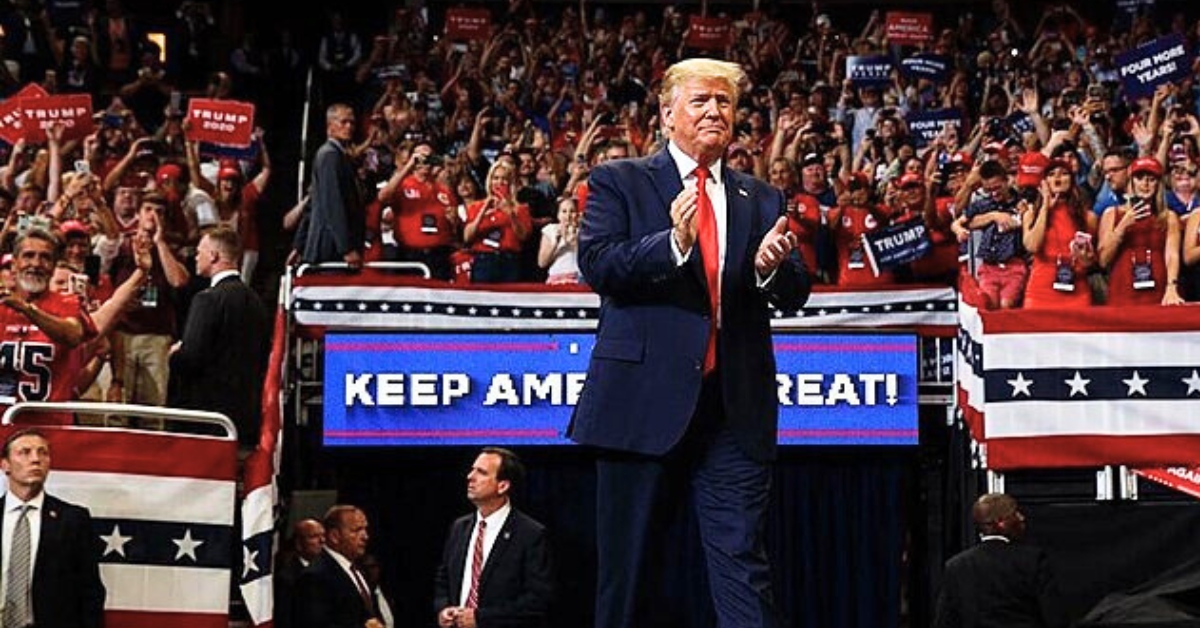
Landmark SCOTUS Decision Could Be Big Win for Jan 6 Defendants
In a landmark decision, the Supreme Court has delivered a ruling that shakes the very foundations of the Department of Justice’s (DOJ) approach to the January 6 defendants, including the high-profile case against Donald Trump. This decision challenges the expansive use of the charge of obstructing an official proceeding, a tool previously wielded with broad discretion by prosecutors. Traditionally tethered to white-collar crimes like evidence tampering, this charge was controversially extended to encompass the actions of January 6 defendants, alleging their intent was to disrupt the certification of the 2020 election results.
However, the Supreme Court now mandates a more stringent criterion for this charge, requiring concrete evidence of interference with physical elements like documents or records of the proceedings. This recalibration sends a cascade of cases back to the lower courts for reevaluation under this tightened scope.
It’s a moment of legal reckoning that could potentially unravel numerous cases built on what many have seen as an overextended application of the law. Justice Amy Coney Barrett, in her dissent, lamented what she perceived as the majority’s legal gymnastics to narrow the law’s reach, highlighting the depth of division within the Court itself.
Ruling Is Significant Victory for Jan 6 Participants
This decision marks a significant victory for those who see how many January 6 participants have been unfairly targeted by aggressively broad legal interpretations. For the Democrats, who have whined and characterized January 6 as a pivotal tragedy in American history, this ruling injects an element of unpredictability into their narrative and strategy, possibly altering the landscape of political discourse and legal accountability in Washington.
This pivotal decision by the Supreme Court could very well reverse the years of potential jail time facing many January 6th defendants, marking a significant stride towards rectifying what many see as a miscarriage of justice. These individuals, long painted with a broad brush of condemnation, may finally see a fairer, more judicious evaluation of their actions. It’s a moment that underscores the need for a judiciary that acts as a true guardian of equity, especially when political fervor threatens to override the scales of justice.














